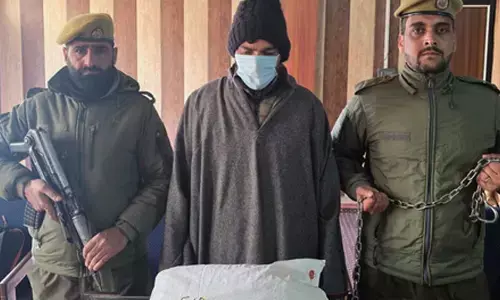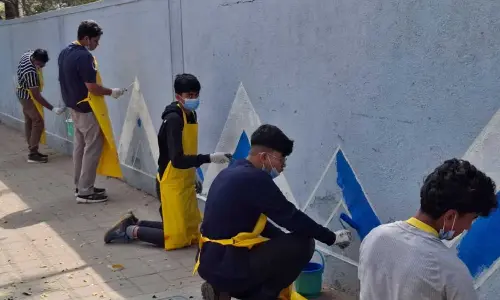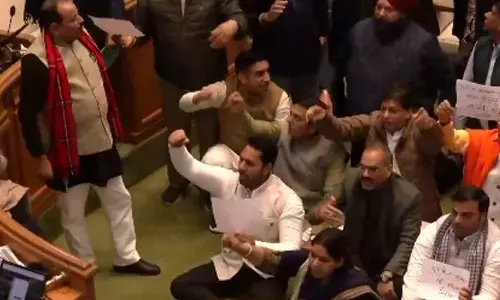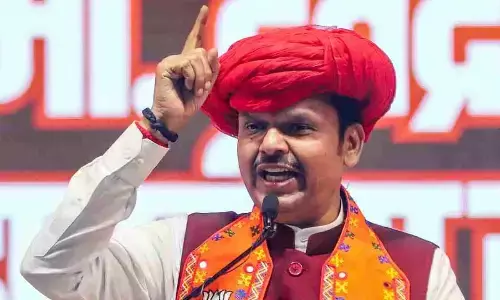Pakistan PM Sharif hopes to strike IMF deal as 'all conditions met' despite economic hardship
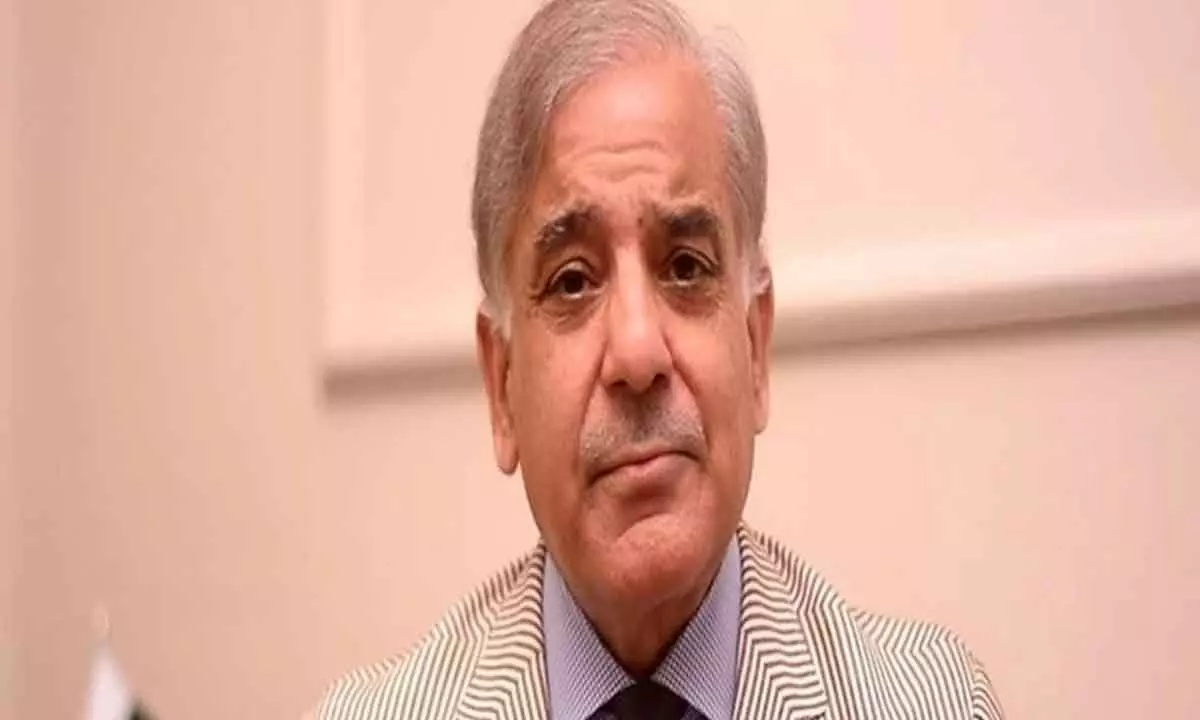
Pakistan Prime Minister Shehbaz Sharif on Friday hoped the IMF would resume the stalled USD 6.7 billion bailout programme as his country has already met all prior conditions set by the global lender despite economic hardships.
Pakistan Prime Minister Shehbaz Sharif on Friday hoped the IMF would resume the stalled USD 6.7 billion bailout programme as his country has already met all prior conditions set by the global lender despite economic hardships.
The premier's remarks came as Finance Minister Ishaq Dar presented a PKR 14 trillion budget for the fiscal year 2023-24, which the government claims to have shared with the International Monetary Fund (IMF).
The budget needs to satisfy the IMF to secure the release of more bailout money for the cash-strapped Pakistan, which is due to hold a general election by November.
''The ninth review will be complete soon,'' Sharif said during his address to the federal cabinet of the coalition government, which presented its second budget.
Referring to the devastating floods triggered by climate change, he said it inflicted losses worth over USD 30 billion on the country's economy.
He added that the Ukraine crisis also pushed the prices of commodities in the international market.
''A country’s sound economic growth is linked with its political stability,'' the premier said, adding that without political stability, even billions of budget could not make a difference in improving the economic situation.
The government, he further said, is cognisant of the problems being faced by the common man due to inflation. ''We have to take care of the salaried class as well as the pensioners so that they can meet their basic requirements.'' He maintained that for the last 14 months, the government since assumption of power was to deal with the challenge of the IMF, the post-flood situation and global inflation.
Sharif also expressed satisfaction that the current deficit in 10 months was reduced to USD 3.3 billion and hoped that the agriculture sector would boost.
Dar has declared a 3.5 per cent GDP growth target for the next year.
The government has spun into action to put brakes on the ''undesirable'' outflow of foreign currency from Pakistan and promote transparency in foreign currency transactions conducted by exchange companies.
Washington-based IMF has said it is collaborating with Pakistani authorities to address concerns related to the country's currency market and other matters before resuming the ongoing bailout programme, which is scheduled to conclude this month.
Following a currency devaluation in January, the rupee has depreciated by over 20 per cent this year, rendering it one of the weakest performers globally.
The nation’s dollar stockpile has remained stable at about USD 4 billion since late February, after falling more than 50 per cent in the past 12 months.
Funds will be crucial to prop up the economy beset by supply shortages and avert a sovereign default, with billions of dollars of debt payments approaching.
The economic situation has never been so grim in a country which since independence has thrice seen military coups and the ouster of elected governments.
Cash-strapped Pakistan’s economy has been in a free fall mode for the last many years, bringing untold pressure on the poor masses in the form of unchecked inflation, making it almost impossible for a vast number of people to make ends meet. Their woes increased manyfold after last year’s catastrophic floods that killed more than 1,700 people and caused massive economic losses.








